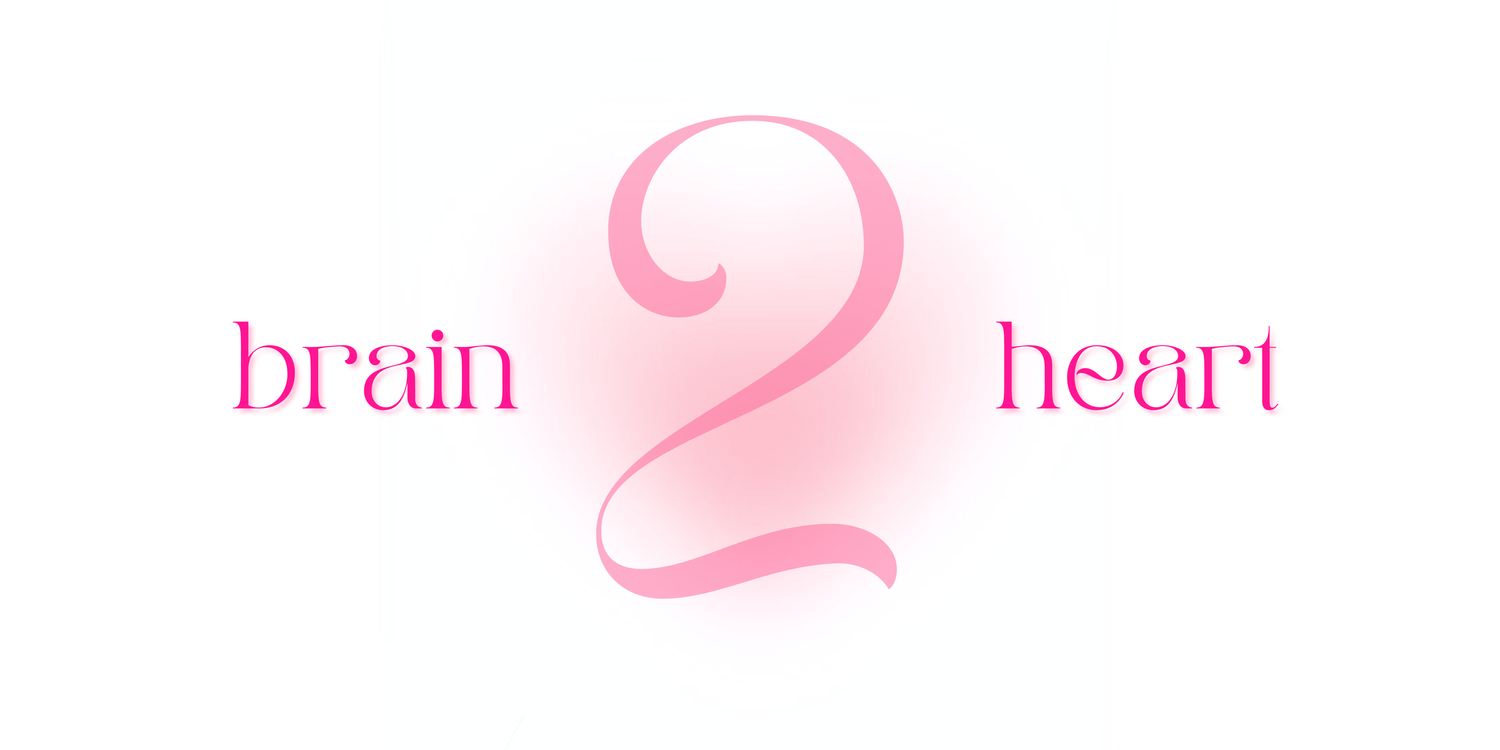Music & Well-Being
The Role of Music in Individual Well-Being
Music has always been more than just entertainment—it’s an important part of the human experience, through shaping emotions, identities, and/or social interactions. Whether casually listening to songs or actively creating music, people experience powerful psychological and physical benefits.
Using Music for Emotional Regulation
One of the most well-documented effects of music is its ability to influence mood and relieve stress. Studies have shown that listening to or creating music triggers the release of dopamine and serotonin—neurotransmitters that enhance focus, motivation, and overall well-being. Group music activities, such as choir singing or drumming circles, can lower cortisol levels, reducing stress and promoting relaxation.
Music therapy has also become valuable for individuals dealing with anxiety, depression, and/or trauma. It provides a structured yet creative space where people can process emotions, build resilience, and find a sense of control. Activities like drumming, songwriting, or singing in a group fosters self-expression and a sense of belonging, which is especially important for marginalized communities, where barriers can make mental health support harder to access. These connections offer an outlet for processing experiences and finding solace in shared struggles.
The Link Between Music and Memory
Music also has a strong connection to memory and cognition. The hippocampus, a brain region involved in memory formation, is highly engaged when processing music. This explains why people with Alzheimer’s disease or dementia can often recall songs from their past even when other memories fade. Music is also used as a learning tool, with mnemonic devices helping students remember information more effectively. Whether through catchy educational songs or instrumental background music while studying, music has the power to reinforce memory and learning.
How Music Affects the Body
Music’s impact extends beyond the brain—it influences the entire body. Singing, playing instruments, or even just listening to music can help reduce pain, regulate heart rate and blood pressure, and improve physical coordination. Fast-paced music can boost energy and motivation, while slower tempos promote relaxation and stress relief. Because of these effects, music therapy is often integrated into medical treatments for pain management and recovery from surgeries or illnesses.
Most importantly, music is more than just something we hear - it's something we feel, experience, and carry with us. Whether you're listening to your favorite playlist, singing with friends, or picking up an instrument, music has the power to support your mental health, strengthen your memories, and even help your body heal. So next time you turn on a song, remember that you’re not just passing time - you’re taking care of yourself in ways you might not even realize.
Written By: Alissa Zhu
Sources:
https://www.health.harvard.edu/blog/can-music-improve-our-health-and-quality-of-life-202207252786
https://www.nccih.nih.gov/health/music-and-health-what-you-need-to-know

